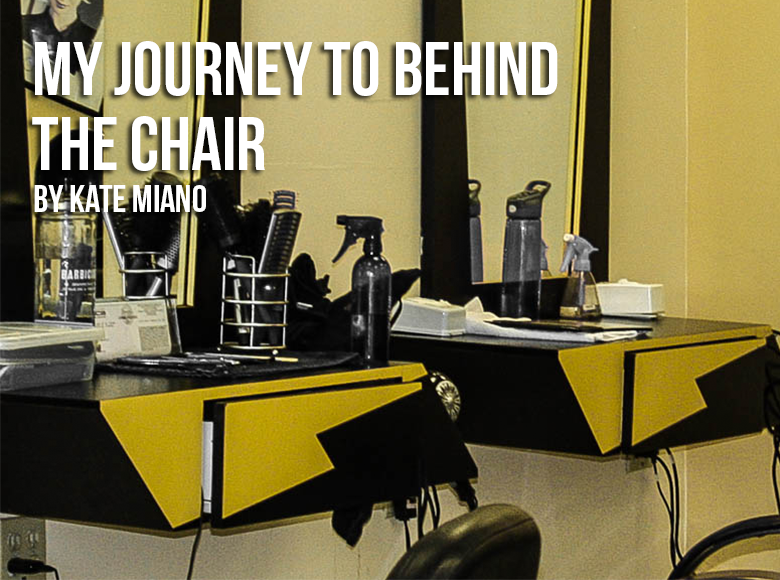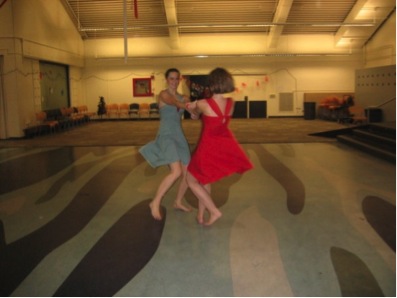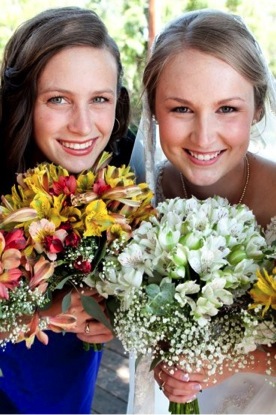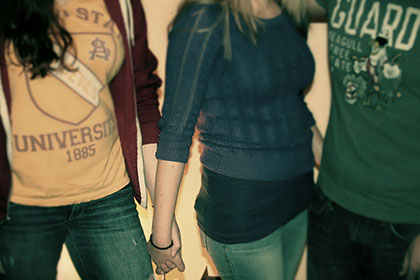The Spoon Theory was written by Christine Miserandino, while explaining to a not-chronically ill friend how her chronic illness, lupus, effected every part of her life.
It goes like this: Christine picked some spoons off a table and told her friend that everything she does—from getting out of bed, to shaving your legs, to preparing a meal, to making a phone call—costs a spoon. When she is out of spoons, she cannot do anything else. The spoon theory exists to point out the limits the chronically ill face, limits that not-sick people might not think of on a daily basis. Those are the basics—but I really, really recommend reading the whole, original article.
I don’t remember when I first read the spoon theory—I don’t remember it being a part of a whole website-network-forum like it is now, nor do I recall being able to buy mounted posters with its details. I just remember how it began to be passed around in a whisper, devoured by others like Christine and myself, to people who had no way to conceptualize the reality of our lives. I don’t remember when I began to call myself a “spoonie,” only that it sure sounds nicer than “chronically/invisibly ill.” And now spoons are kind of our thing. (I’m dying for this pendant in particular.) From the spoon theory sprung many social groups, an aesthetic to rally around, and (I believe) helped mobilize us sickies—along with social media—to create networks through which we can support and care for one another.
When I first read about the spoon theory, I had been diagnosed with rheumatoid arthritis and fibromyalgia for a couple of years. I’d endured strange looks when taking the elevator from the first to second floors, supposedly light-hearted teasing from friends, and of course, the inevitable cajoling and pleading: “Just one drink!” “Stay out with us until 10!” “It’s not that far of a walk, right?” Even after talking to friends, loved ones, and professors, over and over, I still found my illnesses—this new way I had to live my life—so hard to explain.
There’s the fact that I am alright one day and barely able to get out of bed the next—some days you have a lot of spoons and some you don’t. I took on successive, strange diets to try to curb my body’s inflammation. If I didn’t get ten hours of sleep, I felt like death; the same went for getting out of bed before 9 am, when my arthritis is the worst (damn you, 8:30 am college algebra!). I had been sick for four years before getting a diagnosis, but it took another four to find a “medical cocktail”—less fun than it sounds!—that my body responded to without unbearable side effects. Even now, I struggle with managing my illnesses, symptoms, lifestyle, pain levels, and medication/therapy schedule in order to maintain what looks like a normal life.
But thankfully, I have the spoon theory. A very dear friend, who’s known me from my first days of college as a perpetually-grumpy-and-pained frosh, recently told me that reading the spoon theory really helped her understand what I was going through. My boyfriend understands when I groggily wake up in the morning and groan “not enough spooooons.” They help represent the reality of my life, where I only have limited, constantly changing amounts of physical, and thus emotional, energy. That sometimes putting on make-up gives me an extra emotional boost, or that I can walk through a grocery store but need a wheelchair at Disneyland. I’m thankful for the idea of spoons—that they represent concepts so intangible, like chronic fatigue, pain, discomfort, and the fatigue that comes from being in pain all the time, in a way that I myself can easily communicate to others.
Like Christine says in the article, no matter how much someone watches you from the outside, it’s really hard to conceptualize what their life might be like. We live in an ableist society that subtly insists that our value as people and the amount of things we can do are intrinsically tied—and that getting out of bed, going to work, and seeing friends is simply a matter of willpower. In this way, I’ve also found a lot of strength and hope in identifying as disabled, because a) I am, b) I have a community with a history of anti-ableist activism, and c) people sometimes believe you if you say you have a disability! If someone can’t understand the basis of the spoon theory, that my energy is limited, and that it’s a thing they should respect—my objections to being called an “old lady” or being told to go out dancing when I physically can’t—then I probably can’t be friends with them. Realizing this saved me a lot of heartache. Spoonies ourselves are an exercise in cognitive dissonance—we may not look sick, but that sure as hell doesn’t mean we’re healthy.
I’m not sure if Christine had anything to do with online support groups now available for young adults with chronic illnesses, but it least allowed me to have that keyword so I could look for “spoonies” on every social media site ever created. After meeting offline maybe three other young adults in my whole life who are also chronically ill, joining a group with twenty to three hundred members made my eyes do the heart thing as I sighed in relief at not being alone. These support groups have done just as much for me as any doctor or medication—the unwavering support and love of people I’ve never met, who nonetheless, get it in a way non-sickies can’t is abso-fucking-lutely mind-blowing. I’ve met thoughtful, struggling, lovely people and finally have been able to think Yes, this is me! Me too! And, just as importantly, I am able to give that love and support that I wish I had received early on, and that all people should receive from every person they encounter.
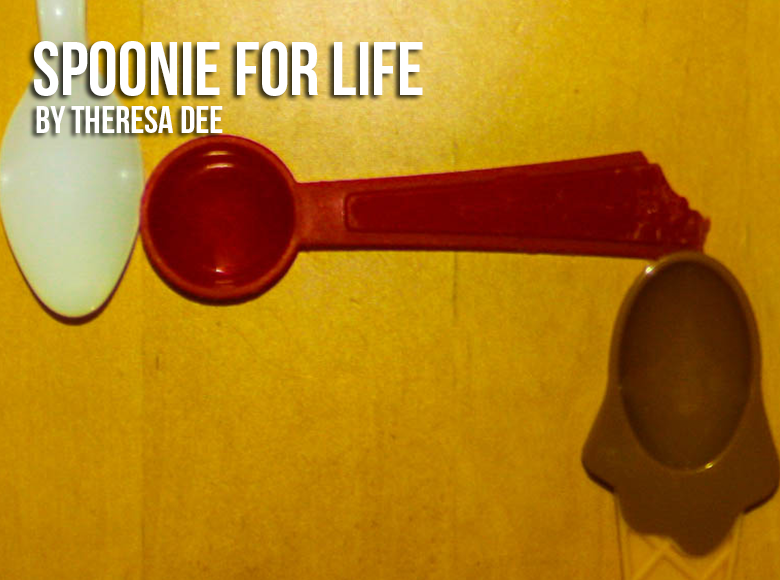
Photo by Gali Levi-McClure
